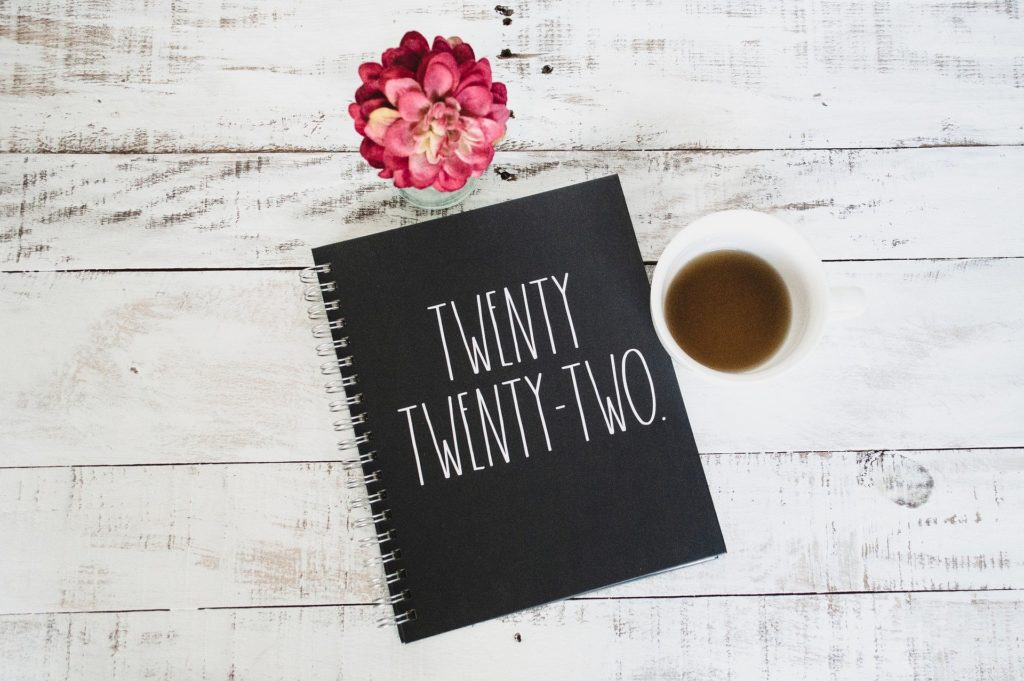I’m a goal setter, and I love new year\’s resolutions. There were a few years in between when I stopped doing these, but I have been back at it ever since I’ve become a SAHM. I do them every year even if I don’t get to all of them. This year my older kid set some goals for herself too and she even got her little brother, 2.5-year-old, to make one. She sat him down and asked him yes/no questions and then scribed few goals for him. He probably has no clue what he signed up for, but my older kid understood what it meant and sometimes starting these habits young can be a great way to build the discipline of setting goals and striving to achieve them. Notice that I used the word ‘strive’. It is great to achieve all our goals, but we should also credit those who strive to achieve their goals. So many people set New Year\’s resolutions and yet only a small percentage of them strive toward them. Why do we give up on our goals so easily? Here are three reasons we don’t stick with it.
Rewards are not Tangible: Goals are critical to business success. When you set goals for the year in a corporate setting, they evaluate your performance based on you achieving those goals. It then affects your pay increase and your bonus. The reward makes achieving those goals worthwhile. On the other hand, when we set personal goals, the rewards are intangible. Most of our New Year Resolutions do not come with a big check at the end. But in my opinion, it gives us something better – a feeling of accomplishment, fulfillment, and gratification. Here’s why these rewards matter too. It’s the character that builds us up as humans. It shapes our personality, enhances our abilities, builds confidence, teaches us perseverance, and makes us successful. If we can redefine many of these terms, it is the small things that reap big rewards in our life. For example, you may not get paid for losing 50 lbs in a year, but you’ve learnt to live a life of good health and discipline. It may even save you some medical bills along the way.
Unattainable Goals: Here’s reason number two. We set larger-than-life goals – goals that are multi-year achieving and bigger than life. These are our dreams, our desires, and we hope that if we put it on our list, we will eventually get to them. This may include paying off certain debts, relocating, starting a major initiative, or even writing a book. These are possible to do, but need time and prioritization. Try setting multi-year goals instead with these. Have a big picture goal for your life and break those into chunks. It might be easier to accomplish.
Let’s talk about the multi-goal setters too, because they fall into this category. They set too many goals, and it overwhelms them, or it stretches them too thin. We assume that 365 days is long enough to achieve them, but it’s not. This could include things such as reading a certain number of books in a year, starting a hobby, learning an instrument, learning a new language, visiting certain places, and so on. Prioritize 2-3 that are doable and leave the rest of them out of your list. You can still work on them but with no strings attached. This way you do not feel the pressure to do them, and if you don’t get to it, then you won’t feel you missed your goals.
The Why is Missing: Here’s the last reason people give up on their goals. Many people set goals with no idea why they would like to accomplish it? If you do not know why you would like to read 20 books this year, the likelihood of getting to them is low. Take some time to map your goals to a purpose or an outcome, such as
- you want to write a book, because it is a lifelong dream,
- you want to start a business for financial freedom, to give feedback fine your purpose, to pursue what your passion, to fulfill a lifelong dream.
- you want to exercise because you need to control your Blood Pressure, lose weight, stay fit, support your partner.
- You want to read books because it is how you make time for yourself, to gain knowledge, or wisdom in certain areas of your life. It could be to keep your mind sharp, improve your literary experience, etc.
Whatever the reason, have one. If not, expect to give up on your goals sooner than you planned. Here’s the thing – we need to set simple and achievable goals – only then we are likely to stick with them.
Here are a few quick tips as you continue to set or revise your goals for the year. Break out the year into 12 months or 4 quarters and consider what is workable. Be aware of what is already on your plate and calculate the time you have left. Gain perspective on how much time you have in the year to fulfill your goals. Prioritize your wishlist and to summarize this blog, tie your goal to a reward, whether tangible or intangible, make sure they are attainable, and know the why.



